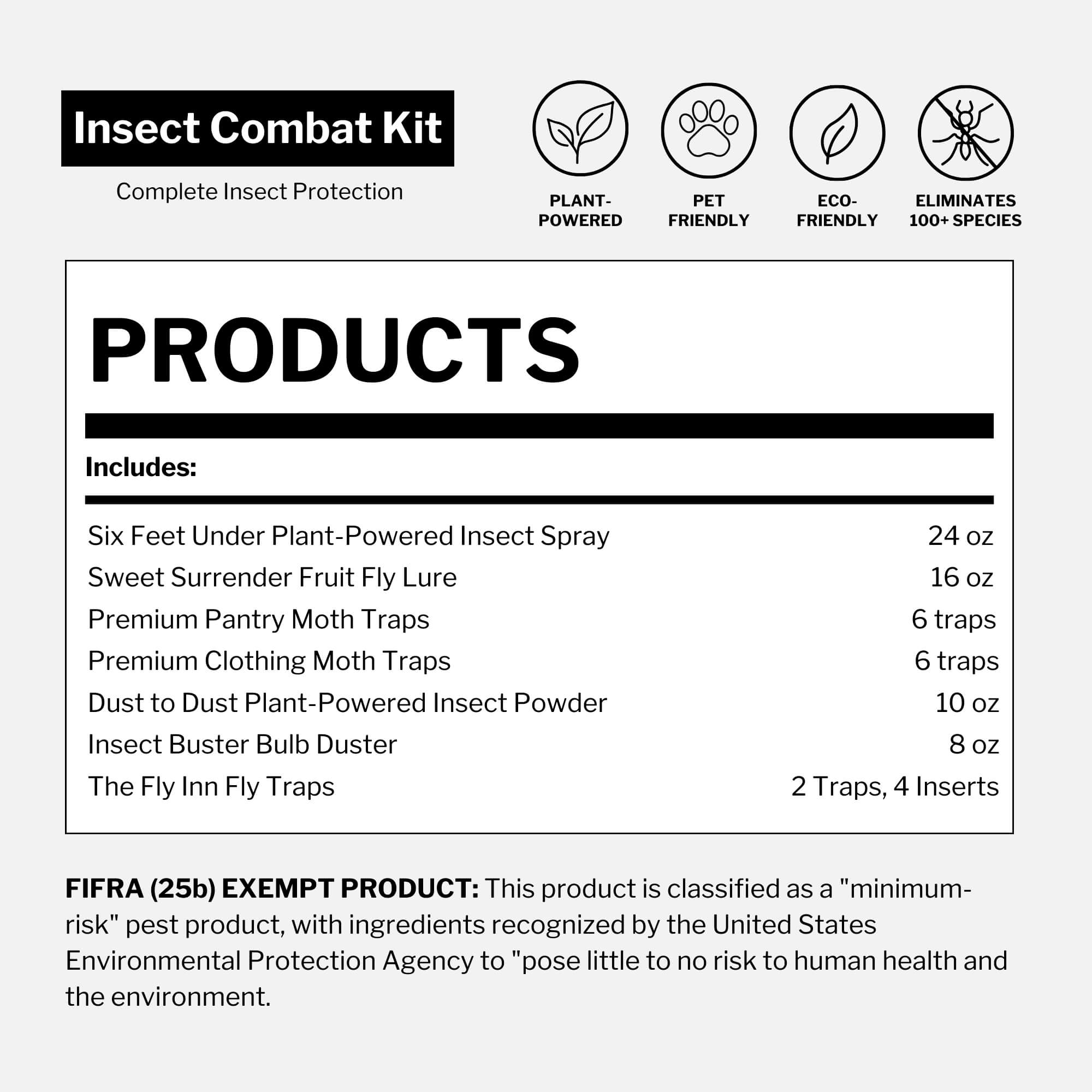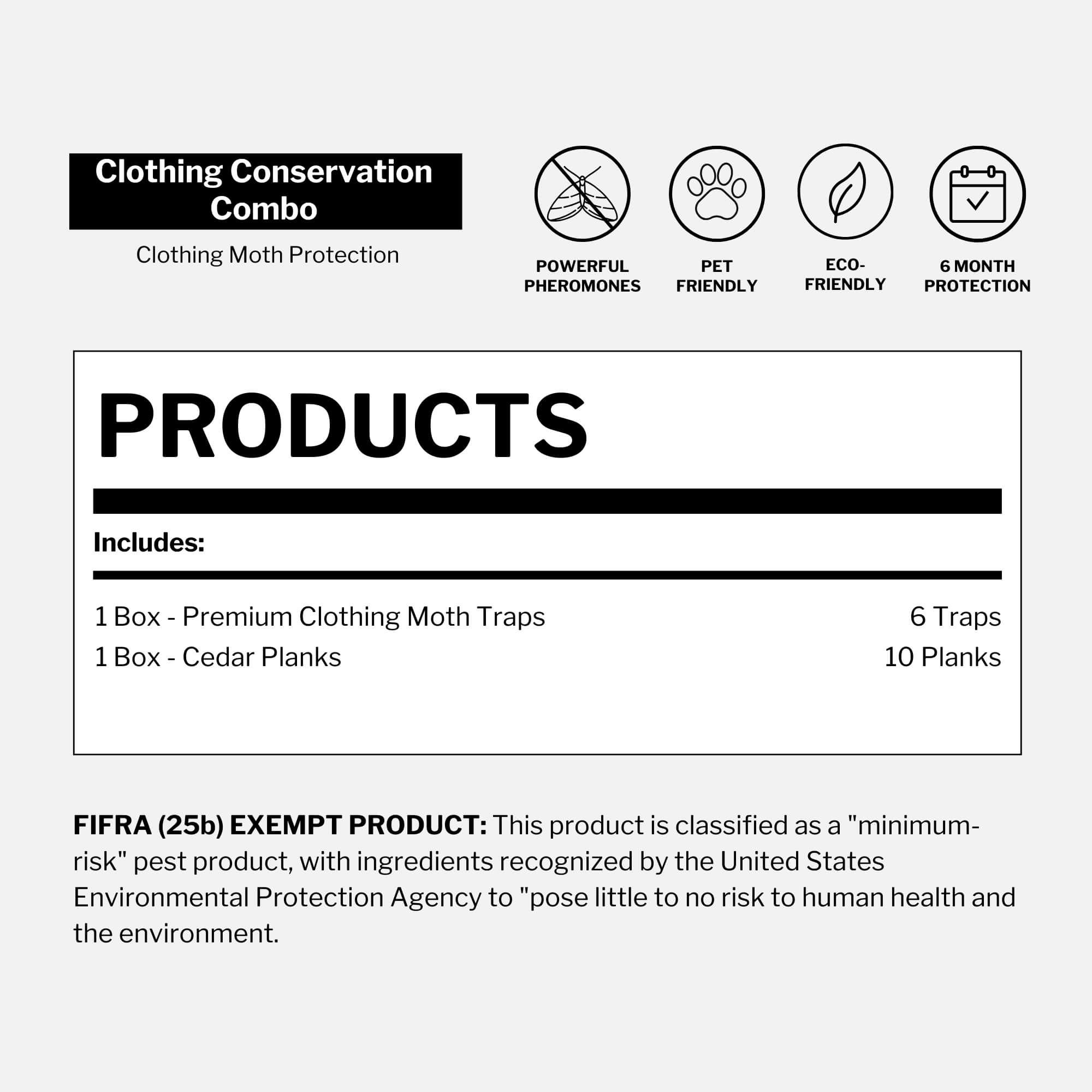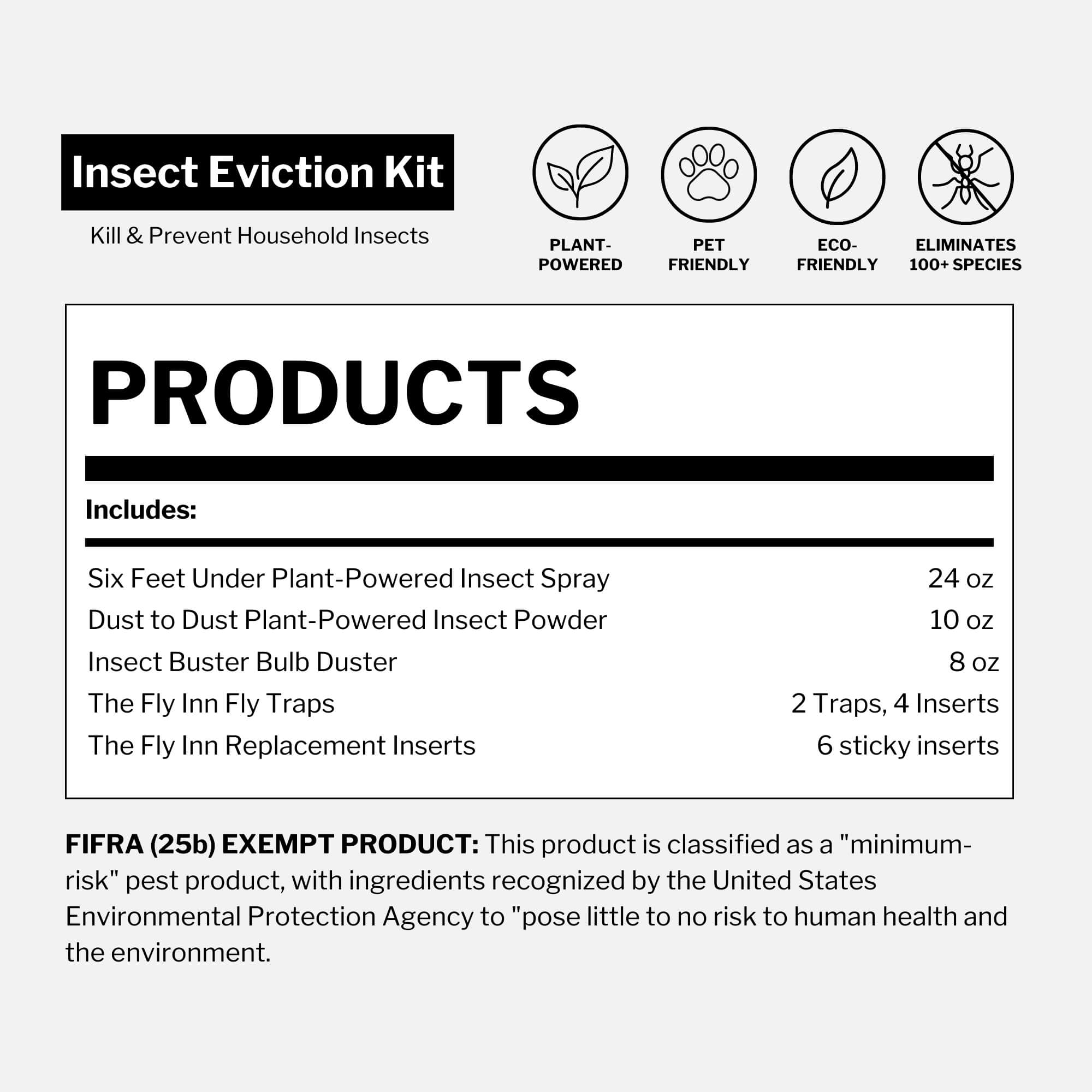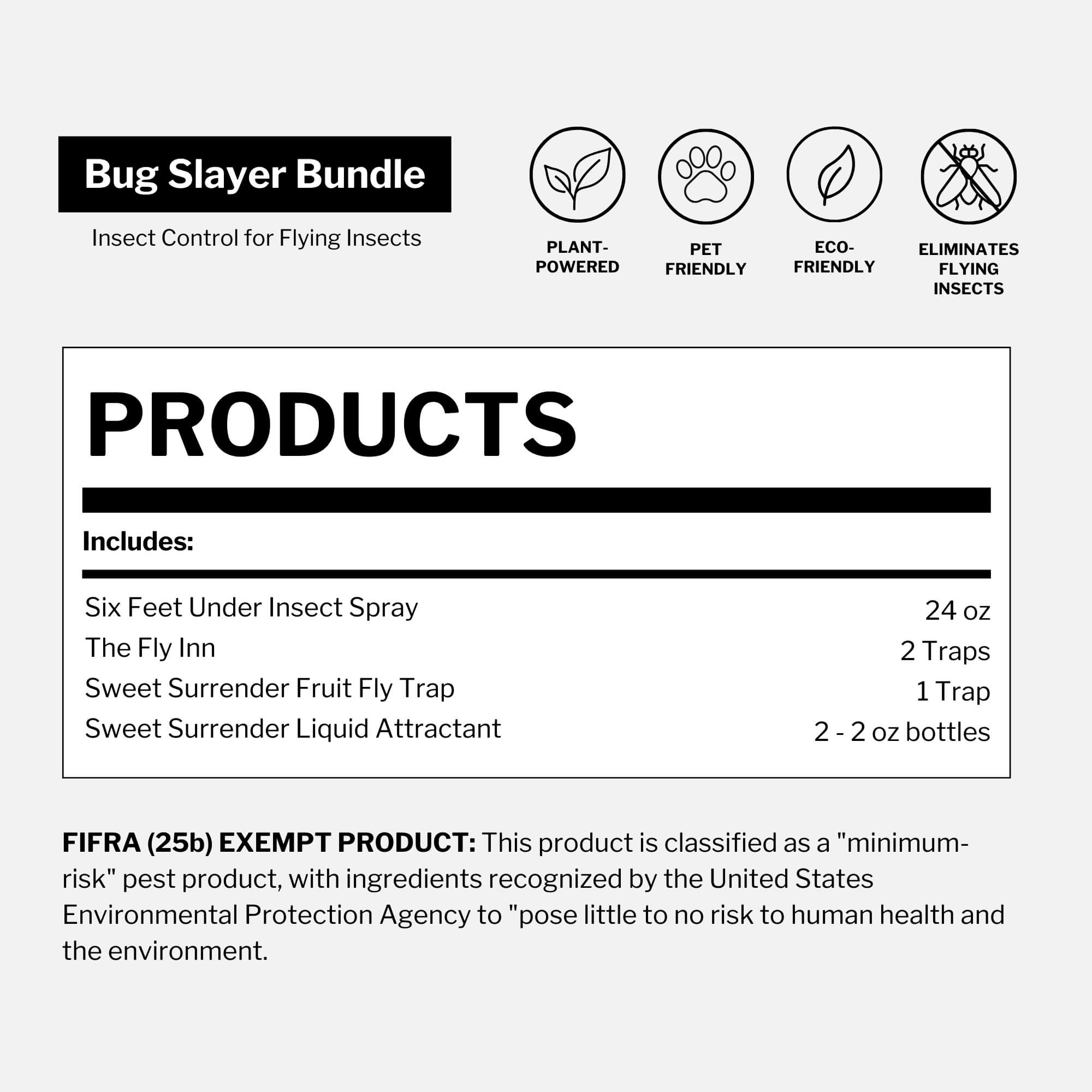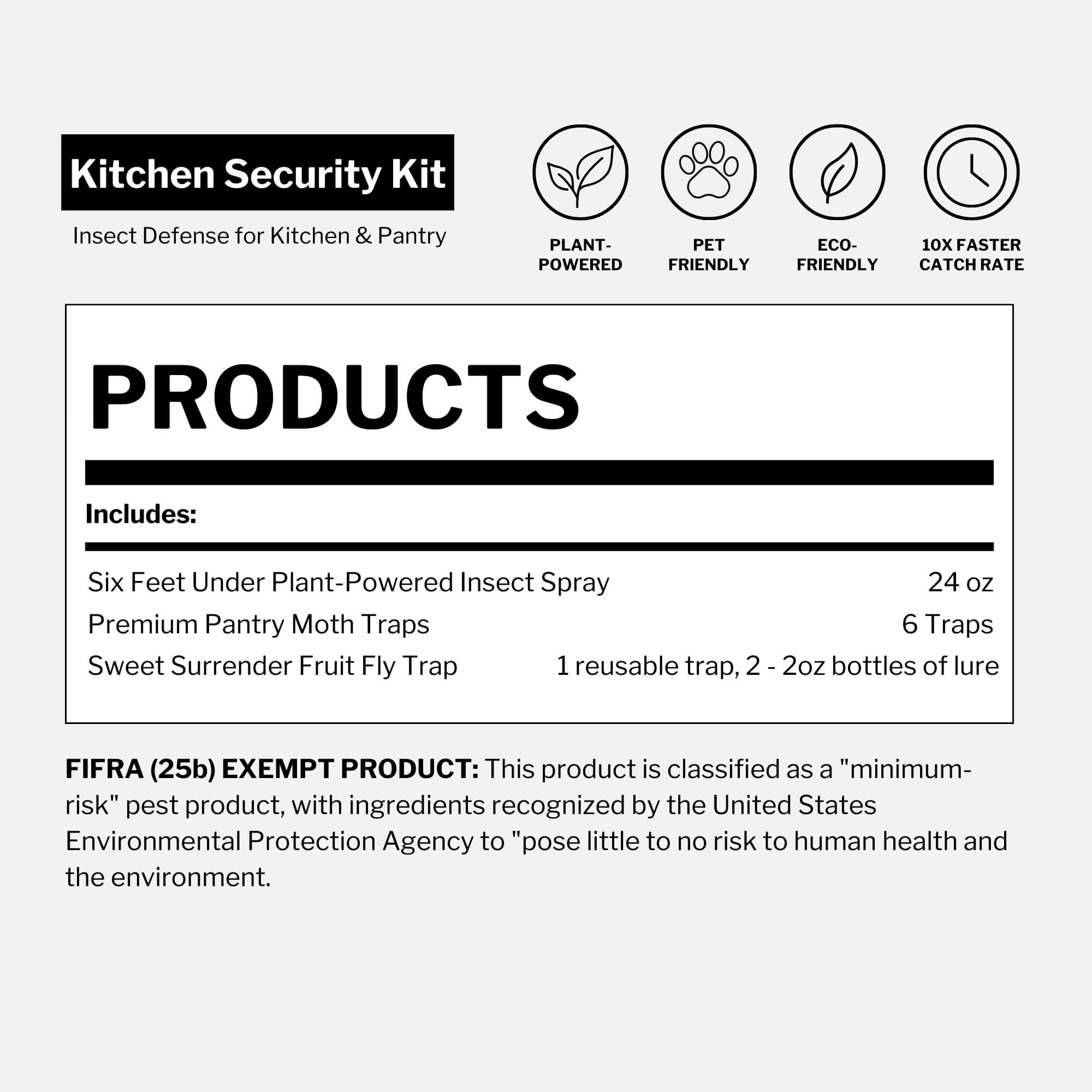Ah, the resilient fruit fly. These tiny creatures have quite the reputation when it comes to their resistance to radiation. You see, fruit flies possess a remarkable ability to withstand higher levels of radiation compared to many other organisms. In fact, most insects are much more resistant to ionizing radiation than mammals.
What are fruit flies?
Fruit flies are unassuming insects with remarkable scientific significance. Known as Drosophila melanogaster, these insects have become renowned in the world of research. With their transparent wings and small size, they have unraveled mysteries and made significant contributions to our understanding of life's fundamental principles. Their importance in scientific research has earned them a place as one of the most extensively studied insect species.
Despite their name, fruit flies are not limited to feeding on fruits alone, but are also attracted to decaying organic matter. They possess exceptional reproductive abilities. In their short lifespan of about 30 days, female fruit flies can lay hundreds of eggs. These eggs hatch into larvae within 24 hours and quickly undergo metamorphosis to become adult fruit flies.
Are fruit flies radiation resistant?
Fruit flies are radiation resistant - up to a point. They showcase remarkable resilience when it comes to exposure, though prolonged or extremely high levels of radiation can still have adverse effects on them.
Radiation is measured in units called grays. Doses as low as three to six grays are fatal to humans. To give you a comparison, some adult cockroaches have survived doses up to 900 grays, (which is more than 150 times the lethal dose for humans). Adult fruit flies, on the other hand, have survived doses of 1,600 grays.
Fruit flies actually make an ideal model organism for studying the effects of radiation. They have been extensively studied due to their short life cycle, well-understood genetics and convenience for handling in the laboratory.
Why are fruit flies (and other insects) radiation resistant?
 The mystery of fruit flies and other insects -including cockroaches and certain species of ants- remarkable radiation resistance is indeed a perplexing one. Despite the fact that radiation can penetrate their cells just as it does ours, insects seem to possess a unique resilience to its detrimental effects. While the exact reasons behind this discrepancy remain elusive, scientists have put forth a compelling hypothesis that sheds some light on this intriguing phenomenon.
The mystery of fruit flies and other insects -including cockroaches and certain species of ants- remarkable radiation resistance is indeed a perplexing one. Despite the fact that radiation can penetrate their cells just as it does ours, insects seem to possess a unique resilience to its detrimental effects. While the exact reasons behind this discrepancy remain elusive, scientists have put forth a compelling hypothesis that sheds some light on this intriguing phenomenon.One significant difference between insect cells and mammalian cells lies in their chromosomal makeup. Insects typically have fewer chromosomes and, consequently, less DNA within their cells compared to mammals. This disparity in DNA content has caught the attention of researchers who speculate that it may play a role in their enhanced radiation resistance.
Radiation poisoning, you see, arises from the destruction or mutation of DNA within cells. Having relatively less DNA in their cells may confer an advantage to insects when faced with radiation exposure.
By possessing fewer chromosomes and less DNA, insect cells may have a greater capacity to repair and restore damaged DNA, mitigating the destructive consequences of radiation. This could enable them to endure radiation exposure with greater resilience and maintain their cellular functions more effectively than mammalian cells.
Note: Humans typically have 46 chromosomes in their cells. Fruit flies, on the other hand, have eight chromosomes in their cells. Each chromosome is made up of long strands of DNA that carry the genetic instructions necessary for an organism's development, growth and functioning. So, fruit flies also have a lower amount of DNA.
How do I get rid of fruit flies?
If you find that you have a radiation-resistant fruit fly infestation in your home, I offer the following tips to get rid of them. (None of these, mind you, expose them to high levels of radiation).

- Locate the source: Check for any ripe or rotting fruits, vegetables or other organic matter that may be attracting them. Discard these items.
- Clean: Thoroughly clean your kitchen -including countertops, sinks, garbage bins, drains and garbage disposal units- to remove any residue or food particles. Follow this up with our non-toxic spray, Six Feet Under, which has a residual effect of 30 days.
- Use Sweet Surrender: The best and most powerful protector of fresh produce, Sweet Surrender is a scientifically formulated and proven fruit fly attractant and killer. Powered by a handcrafted blend of vinegar, sucrose and citrus, this alluring trap is completely safe and non-toxic for humans and pets, but is a truly noxious nectar for fruit flies. One dose will have them sleeping with the fishes. There are 8 doses per bottle.






